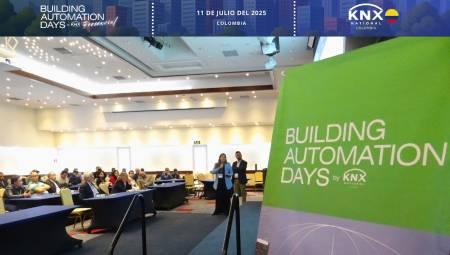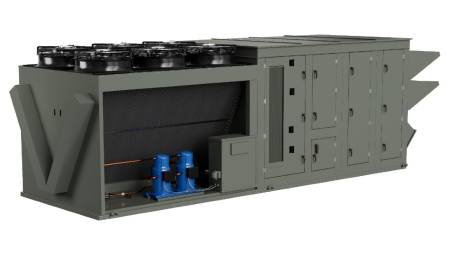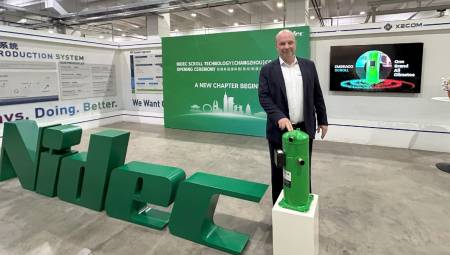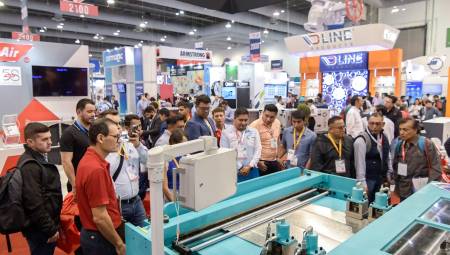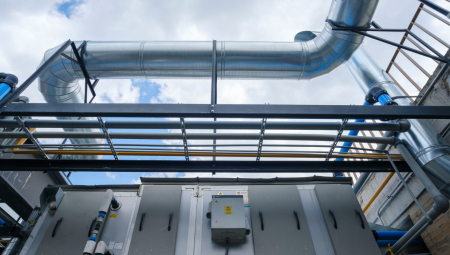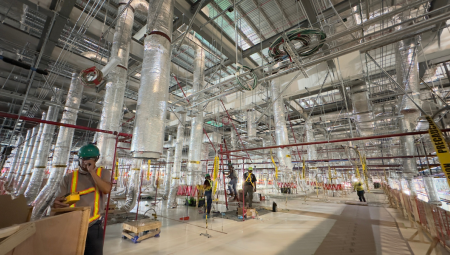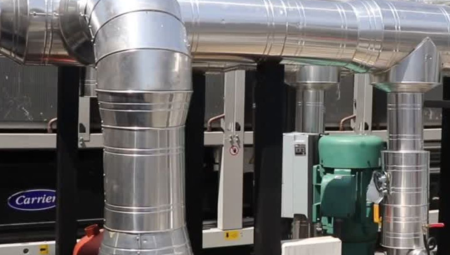The United Nations Climate Change Conference in Cancun, Mexico, came to an end on Saturday with the adoption of a balanced package of decisions that puts all governments in a stronger position on the path to a low-emission future and supports better action on climate change in the developing world.
That package, called the Cancun Agreements, was met with repeated, loud and prolonged applause and acclaim from the Parties at the end of the plenary.
Cancun did this work. The flame of hope has been rekindled and faith that the multilateral process on climate change will yield results has been restored, said UNFCCC Executive Secretary Christiana Figueres. Nations have shown that they can work together under one roof to achieve consensus on a common cause.
They have shown that consensus in a transparent and inclusive process can create opportunities for all, he added.
Governments have given a clear signal that they are heading together towards a low-emission future. They have agreed to account for each other on the actions they take to achieve their goals, and they have laid this out in a way that encourages countries to be more ambitious over time, the Executive Secretary said.
The Nations launched a set of initiatives and institutions to protect vulnerable people and those living in poverty from climate change and to distribute the money and technology that developing countries need to plan and build their own sustainable futures. They also agreed to launch concrete actions for forest preservation in developing nations, which would increase progress.
They also recognized that countries need to work to stay below a temperature rise of two degrees and established a clear time frame of review, in order to ensure that global action is adequate to face the emerging reality of climate change.
This is not the end, but a new beginning. It's not what was ultimately needed, but it does represent the essential foundations on which greater collective ambition can be built, Dr. Figueres said.
Elements of the Cancun Agreements include the following:
• The objectives of the industrialized countries were officially recognized under a multilateral process. These countries created low-carbon development plans and strategies and will assess how best to do this, including through market mechanisms, and will report their inventories each year.
• The actions of developing countries to reduce emissions were officially recognized in the multilateral process. A registry will be established in order to relate and record the mitigation actions of developing countries with the financing and technological support provided by industrialized countries. Developing countries will publish progress reports every two years.
• The Parties to the Kyoto Protocol agree to continue negotiations in order to complete their work and ensure that there is no gap between the first commitment period and the second of the treaty.
• The Kyoto Protocol's Clean Development Mechanisms have been strengthened to translate more major investments and technology into environmentally safe and sustainable emission reduction projects in the developing world.
• The parties launched a set of initiatives and institutions to protect vulnerable people from climate change and to distribute the money and technology that developing countries need to plan and build their own sustainable futures.
• The decisions also included a total of $30 billion in quick-start financing from industrialized countries to support climate change action in developing countries through 2012 and the intention to raise $100 billion in long-term funding by 2020.
• Regarding climate finance, a process was established to design a Green Climate Fund under the Conference of the Parties that has a board with equal representation from developing and developed countries.
• A New Cancun Adaptation Framework was established with the aim of enabling better planning and implementation of adaptation projects in developing countries through increased funding and technical support, including a clear process to continue work on loss and damage.
• Governments agreed to encourage action to curb emissions from deforestation and forest degradation in developing countries with technological support and financing.
• Parties established a technology mechanism with a Technology Executive Committee, as well as with the Climate Technology Centre and Network to enhance technology cooperation to support action on adaptation and mitigation.
The next Conference of the Parties is scheduled from 28 November to 9 December 2011 in South Africa.
Related Posts:
- UBV COP16 – Intensify efforts for a global shift to energy-efficient lighting
- Objectives of COP16 in Cancun
- UBV COP16 – Health and Climate Action
- UBV COP16 – Inauguration of the Wind Turbine at COP16 in Cancun
- UBV COP16 – Preliminary Achievements in Cancun
Authors: Val


